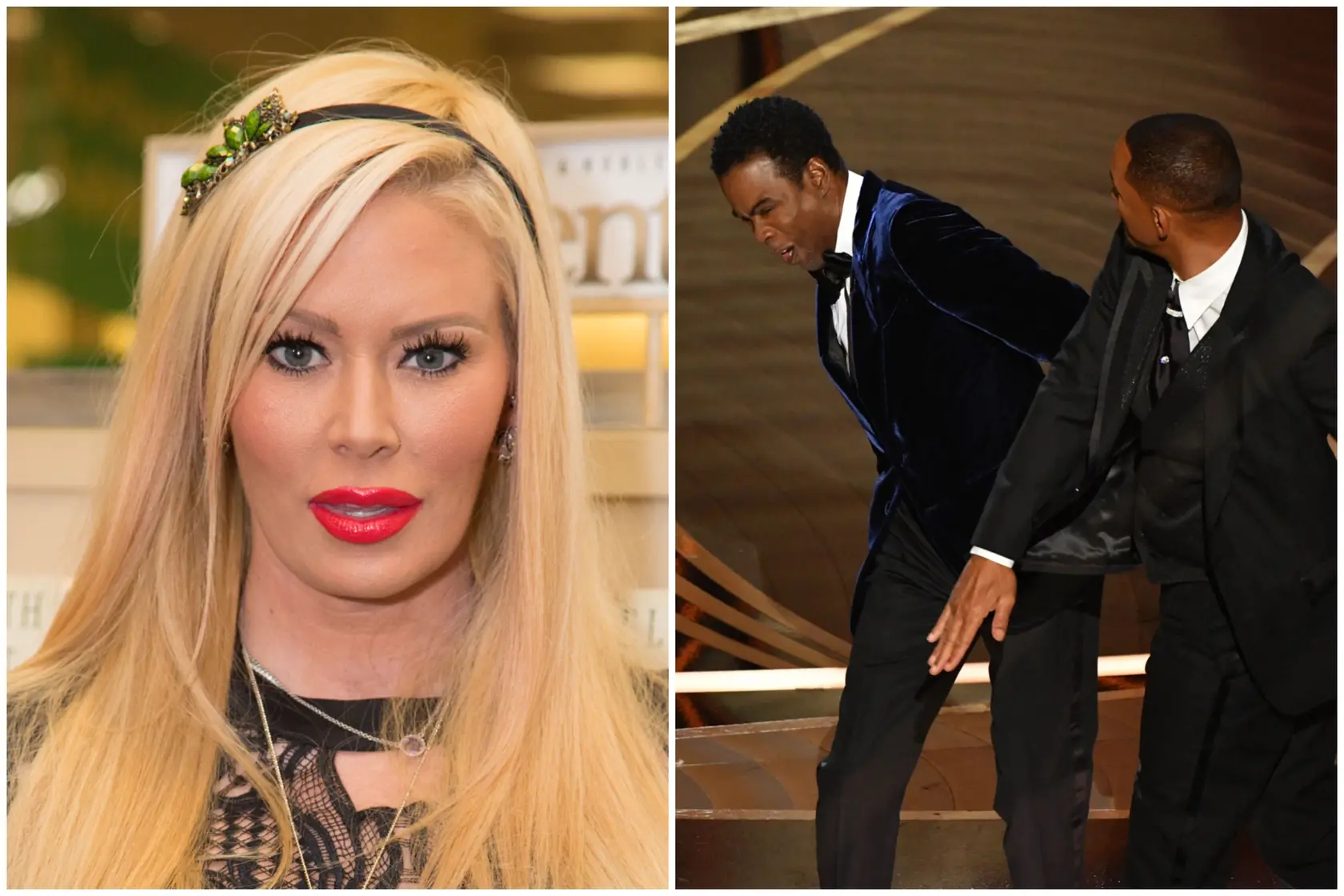T4K3.news
CDC shooting raises vaccine debate
A gunman shot at the CDC headquarters in Atlanta killing a police officer. The shooter died. Investigators say he blamed vaccines for his depression.
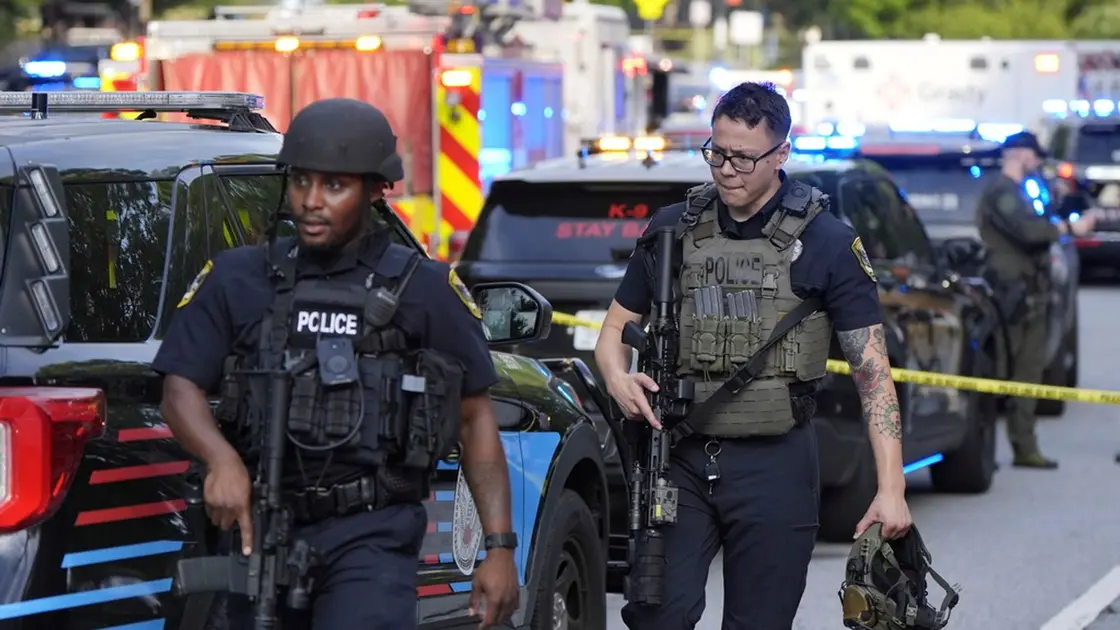
A gunman blamed COVID vaccines for his depression after targeting the CDC headquarters in Atlanta.
Gunman at CDC tied to vaccine distrust and depression
Patrick Joseph White, 30, from Georgia, tried to enter the CDC campus in Atlanta but was stopped by guards. He then drove to a nearby pharmacy and opened fire, firing five guns including at least one long gun. DeKalb County Police Officer David Rose, who had three children, was killed while responding to the scene. White died in the aftermath, and investigators have not confirmed whether it was suicide or police gunfire. White’s father called police and identified his son as the possible gunman; he said White had become fixated on vaccines and the pandemic.
Health and Human Services Secretary Robert F Kennedy Jr, known for vaccine skepticism, voiced support for CDC employees after the shooting. Some laid-off CDC staffers said Kennedy shares responsibility for the violence and should resign. Kennedy has described vaccines as "criminal medical malpractice" to give to children and has long been a leading voice in anti vaccine circles. The incident has sparked renewed scrutiny of the political rhetoric surrounding vaccines and the safety of health workers on the job.
Key Takeaways
"We are deeply saddened by the tragic shooting at CDC's Atlanta campus."
Kennedy Jr's public statement after the shooting
"He was very unsettled, and he very deeply believed that vaccines hurt him and were hurting other people."
Neighbor's account of the shooter
"This is the physical embodiment of the narrative that has taken over, attacking science, and attacking our federal workers"
Sarah Boim's reaction to the incident
"He would bring up vaccines even in unrelated conversations."
Neighbor's account of the shooter's behavior
The event shows how health debates can spill into violence and threaten frontline workers. When public figures cast vaccines as dangerous, it creates a climate of distrust that can harden into hostility. Public health messages travel through political discourse, and that linkage matters for trust and safety. The episode also raises questions about accountability for vaccine misinformation and the protections needed for people who work in public health.
In the longer view, this tragedy underscores the risk of partisan tensions around science. It invites policymakers to separate civic dialogue from personal grievance and to reinforce safeguards for staff who carry out lifesaving work in a polarized arena.
Highlights
- We are deeply saddened by the tragic shooting at CDC's Atlanta campus.
- He was very unsettled and deeply believed that vaccines hurt him.
- This is the physical embodiment of the narrative that has taken over attacking science.
- He would bring up vaccines even in unrelated conversations.
Political and health policy risk
The incident ties a violent act to vaccine skepticism and the rhetoric of a political figure. It risks fueling backlash and affecting public trust in public health.
The line between belief and action in public life is being tested again
Enjoyed this? Let your friends know!
Related News
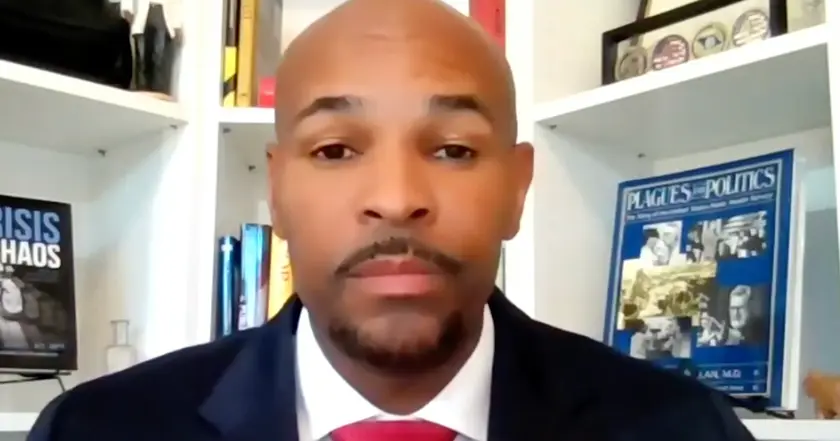
Vaccine funding dispute stirs health policy
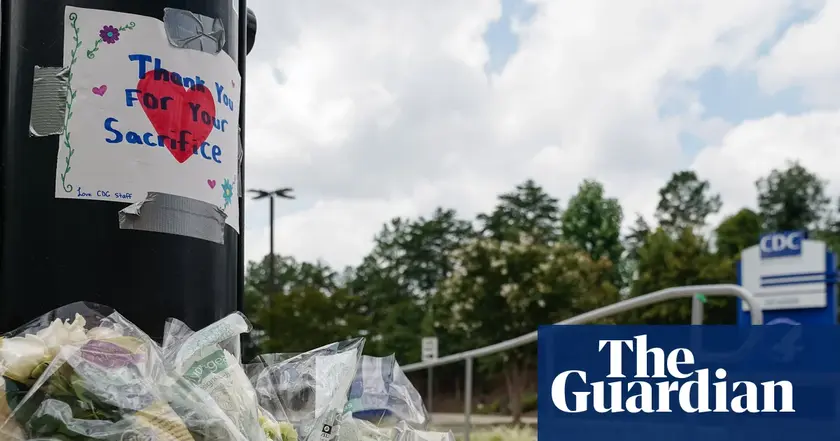
CDC campus shooting prompt calls for clear stance on misinformation
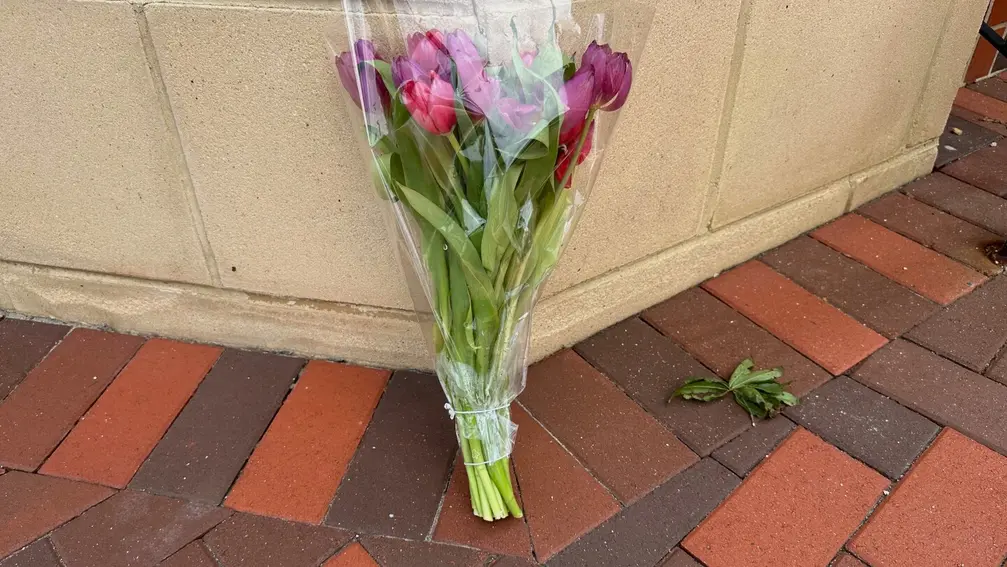
CDC shooting prompts union call for clear stand against misinformation
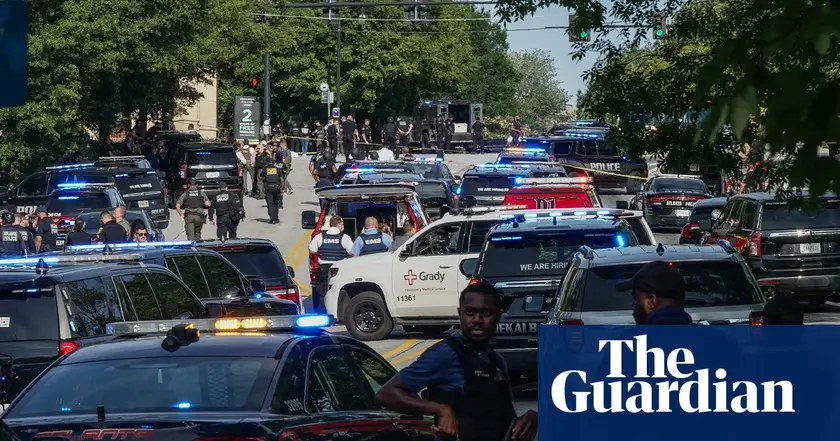
Officer killed near CDC identified
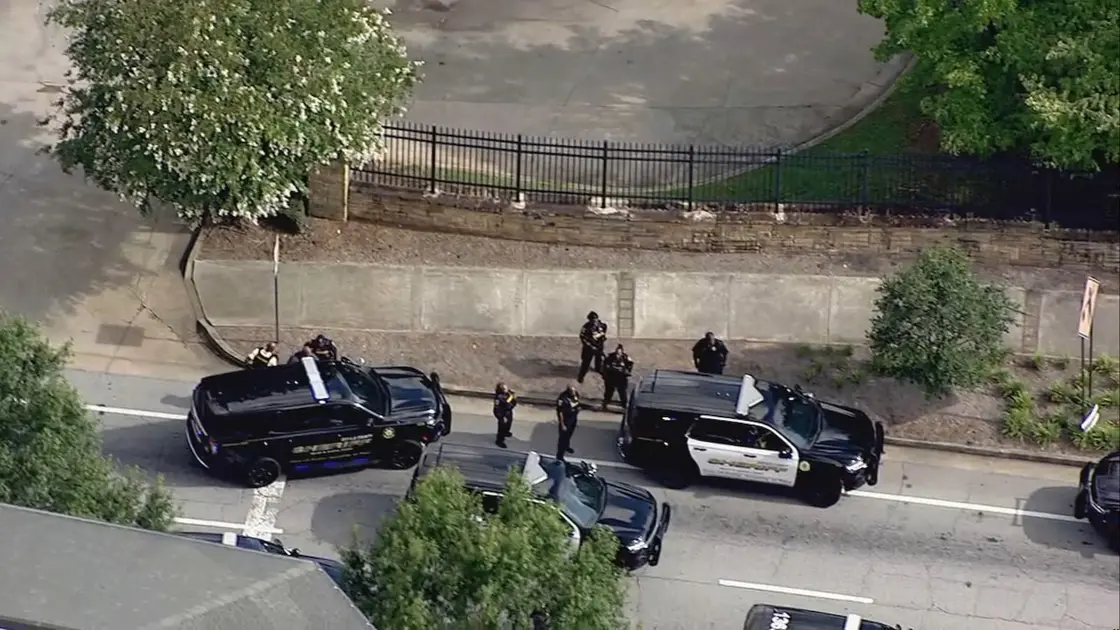
Gunman tied to vaccine grievance targets CDC campus
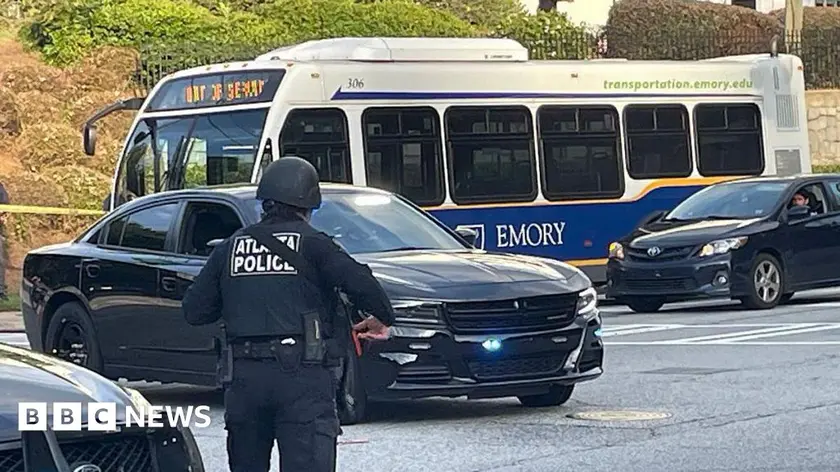
Officer killed near CDC headquarters
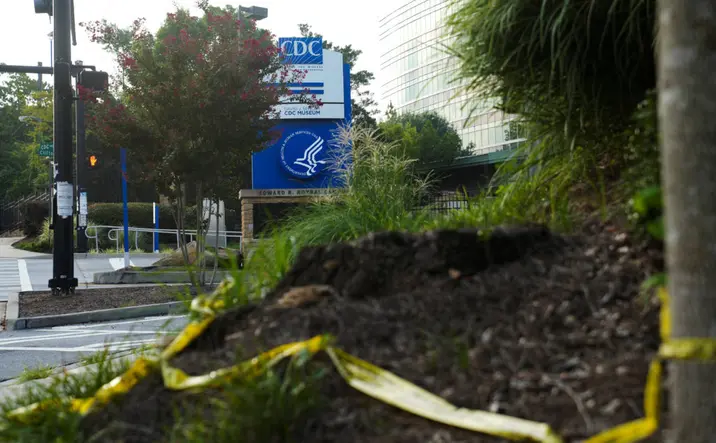
CDC shooting prompts accountability calls
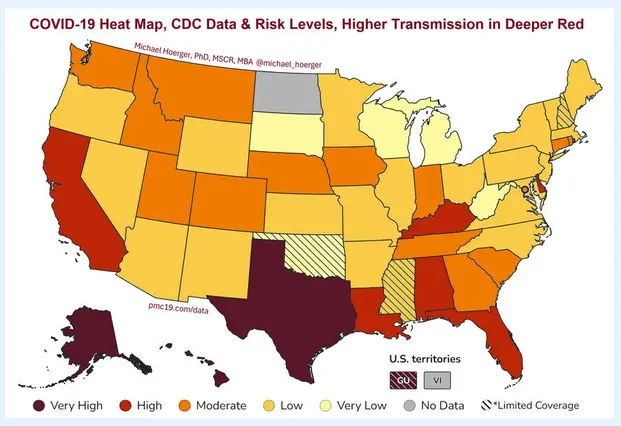
Covidwave update prompts health guidance
